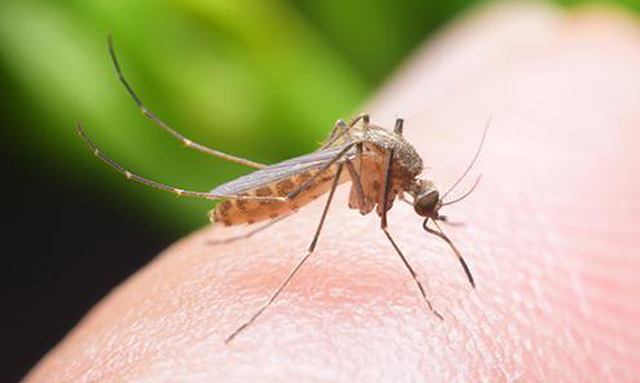News Flash
News Flash

PARIS, March 24, 2024 (BSS/AFP) - France is scrambling to make sure that that virus-carrying tiger mosquitos, a growing menace in Europe, don't spoil the Paris Olympics for athletes and fans, with millions of visitors due in the French capital for the summer Games.
The Asian tiger mosquito has made its home in much of northern Europe, including France, over the past two decades, spreading diseases such as dengue, chikungunya and zika.
Climate change is said to be behind its easy adaptation to colder climes, with authorities recently declaring Normandy in the northwest, the last remaining mosquito-free region in all of France, infested just like the rest of the country.
Authorities have tried in vain to get rid of the insects, including by fumigating parts of Paris, a technique regularly used in tropical cities.
But with the start of the Paris Games only four months away, they are on the clock, with experts warning that a tiger mosquito bite could destroy an athlete's chance of making it to the starting line.
"When you are sick with dengue, you won't be jumping over any hurdles," said Didier Fontenille, an entomologist and expert on vector-borne diseases.
"The host cities and especially the Olympic Village must be kept mosquito-free," he said.
- 'Citizens' mobilisation' -
Health authorities have promised "increased surveillance" of the mosquito threat, which has been notoriously difficult to eliminate.
France reported 45 dengue cases last year, attributed to local virus transmission.
Tiger mosquitoes are happiest in cities, where an abundant presence of stagnant water creates ideal conditions for laying their eggs.
Fontenille said dealing with stagnant water would "take care of 80 percent of the problem" if there was a "citizens' mobilisation" to clean up even smallest amounts of water left in flower bowls or saucers.
For the rest, he said, repellents, mosquito nets and organic insecticides used on mosquito larvae could be effective.
Mosquito traps also show promise, using simulated human body odours to attract, and then kill, the mosquitoes.
A variation consists of fooling the insects into laying their eggs in the trap, where they are destroyed.
Biogents, a specialist firm, said it won a public bid to protect the Marseille Marina, site of sailing competitions, with its plan to install 15 traps.
Co-manager Hugo Plan said they would be set up next month, spread over one hectare "in greenery and in shaded, humid areas".
During the Games, staff will regularly check the metal boxes that are 80 centimetres (31.5 inches) high, he said.
The fight against tiger mosquitoes is a flourishing business, with Qista, another French specialist firm, saying it had put up 13,000 anti-insect installations in 26 countries over the past decade.
Researchers are meanwhile working on DNA modification and sterilisation to diminish the mosquito population.